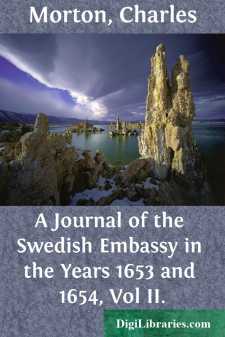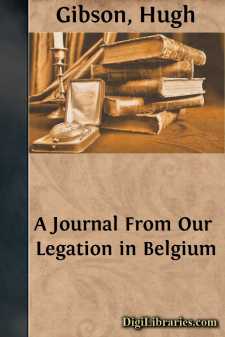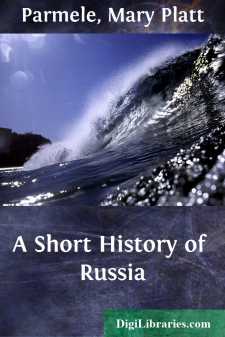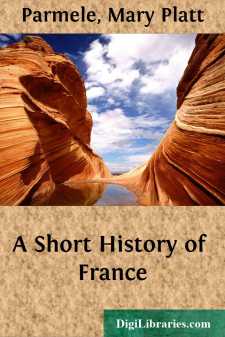History
- Africa 30
- Americas (North Central South West Indies) 50
- Ancient 68
- Asia 58
- Australia & New Zealand 8
- Canada 41
- Caribbean & West Indies 1
- Civilization 20
- Eastern Europe 12
- Europe
- Expeditions & Discoveries 60
- General 77
- Historical Geography 1
- Jewish 9
- Latin America 3
- Medieval 8
- Middle East 13
- Military 248
- Revolutionary 8
- Study & Teaching 5
- United States 353
- Western Europe 56
- World 13
Europe Books
Sort by:
CHAPTER I INTRODUCTION Outside pure Naval history it would be difficult to find any period so full of incident and contest as that which is covered by the exploits of the English Preventive Service in their efforts to deal with the notorious and dangerous bands of smugglers which at one time were a terrible menace to the trade and welfare of our nation. As we shall see from the following pages, their...
more...
by:
Jacob Abbott
Chapter I. The Britons. Alfred the Great figures in history as the founder, in some sense, of the British monarchy. Of that long succession of sovereigns who have held the scepter of that monarchy, and whose government has exerted so vast an influence on the condition and welfare of mankind, he was not, indeed, actually the first. There were several lines of insignificant princes before him, who...
more...
by:
Charles Morton
March 1, 1653. Whitelocke continues the negotiation. Now was the heat of Whitelocke’s business, and many cross endeavours used to render all his labours fruitless, and to bring his treaty to no effect. But it pleased God, in whom his confidence was placed, to carry him through all his difficulties, and to give his blessing and success to this negotiation. Whitelocke gave a visit to the Count de...
more...
by:
Hugh Gibson
INTRODUCTION This volume is not a carefully prepared treatise on the war. It does not set out to prove anything. It is merely what its title indicates—a private journal jotted down hastily from day to day in odd moments, when more pressing duties would permit. Much material has been eliminated as of little interest. Other material of interest has been left out because it cannot be published at this...
more...
by:
Thomas T. Harman
SHOWELL'S NOTES OF BIRMINGHAM IN THE PAST. Birmingham to the Seventh Century.—We have no record or traces whatever of there being inhabitants in this neighbourhood, though there can be little doubt that in the time of the invasion of the Romans some British strongholds were within a few miles of the place, sundry remains having been found to show that many battles had been fought near here. If...
more...
CHAPTER I The topography of a country is to some extent a prophecy of its future. Had there been no Mississippi coursing for three thousand miles through the North American Continent, no Ohio and Missouri bisecting it from east to west, no great inland seas indenting and watering it, no fertile prairies stretching across its vast areas, how different would have been the history of our own land. Russia...
more...
by:
Andrew Lang
CHAPTER I. SCOTLAND AND THE ROMANS. If we could see in a magic mirror the country now called Scotland as it was when the Romans under Agricola (81 A.D.) crossed the Border, we should recognise little but the familiar hills and mountains. The rivers, in the plains, overflowed their present banks; dense forests of oak and pine, haunted by great red deer, elks, and boars, covered land that has long...
more...
CHAPTER I. One of the greatest achievements of modern research is the discovery of a key by which we may determine the kinship of nations. What we used to conjecture, we now know. An identity in the structural form of language establishes with scientific certitude that however diverse their character and civilizations, Russian, German, Englishman, Frenchman, Spaniard, are all but branches from the same...
more...
CHAPTER I The remotest fact in the history of England is written in her rocks. Geology tells us of a time when no sea flowed between Dover and Calais, while an unbroken continent extended from the Mediterranean to the Orkneys. Huge mounds of rough stones called Cromlechs, have yielded up still another secret. Before the coming of the Keltic-Aryans, there dwelt there two successive races, whose story is...
more...
by:
Henry R. Plomer
EDITOR'S PREFACE hen Mr. Plomer consented at my request to write a short history of English printing which should stop neither at the end of the fifteenth century, nor at the end of the sixteenth century, nor at 1640, but should come down, as best it could, to our own day, we were not without apprehensions that the task might prove one of some difficulty. How difficult it would be we had certainly...
more...











